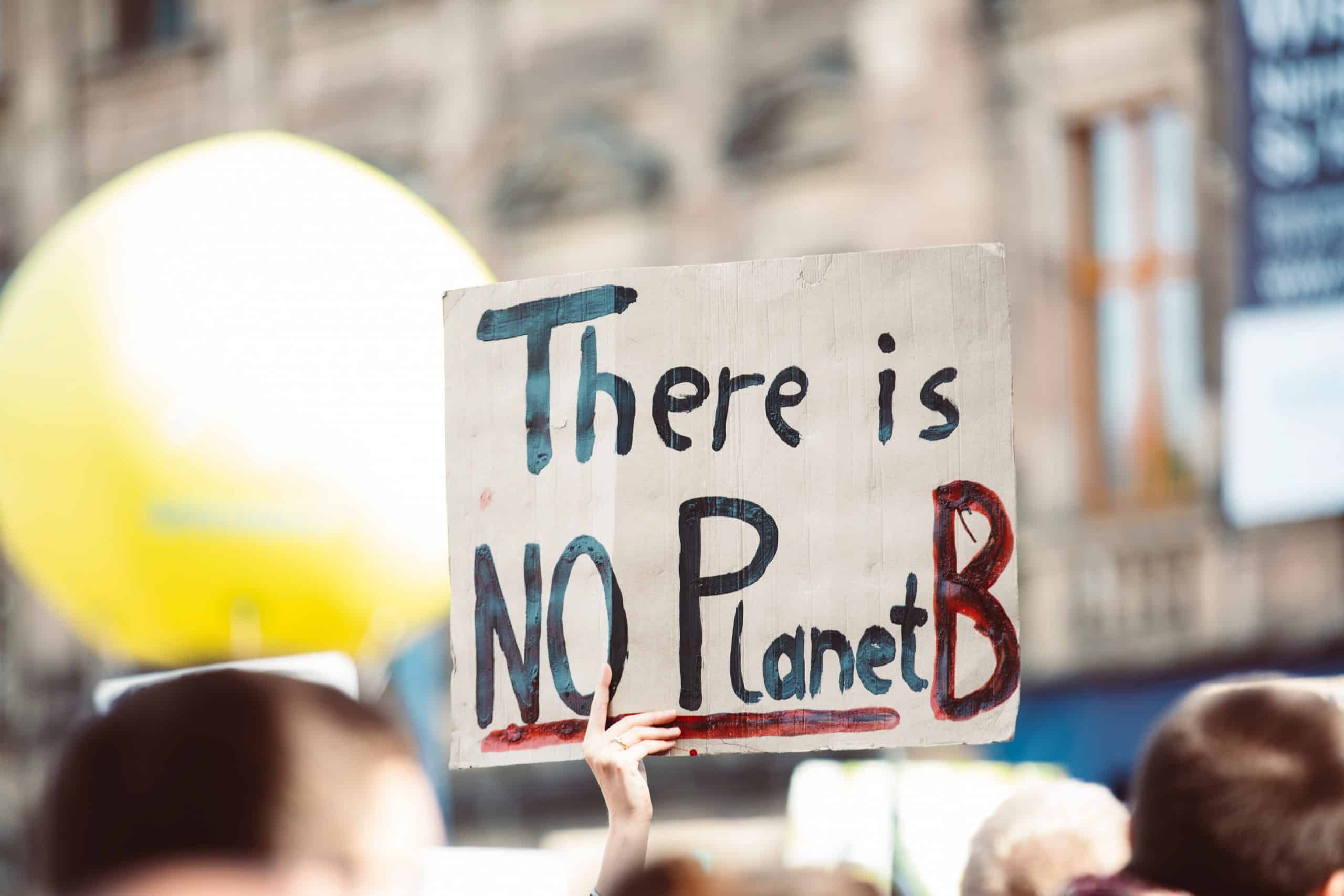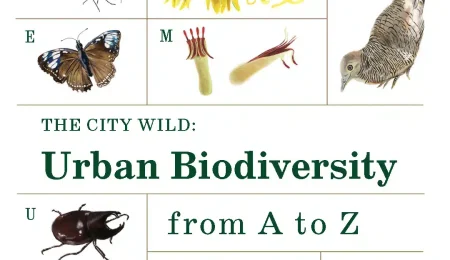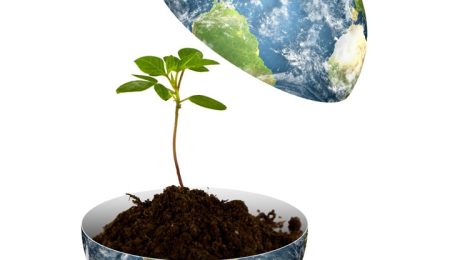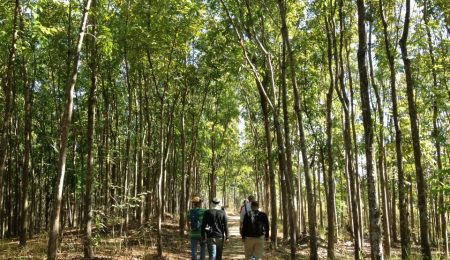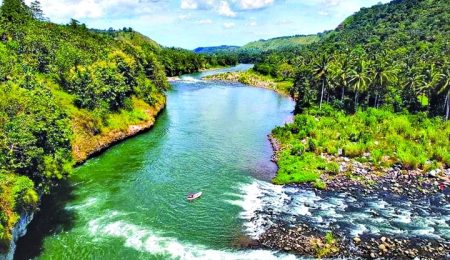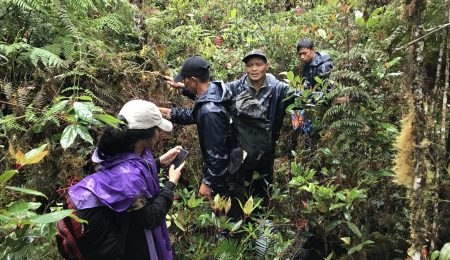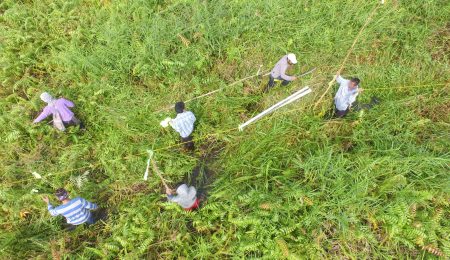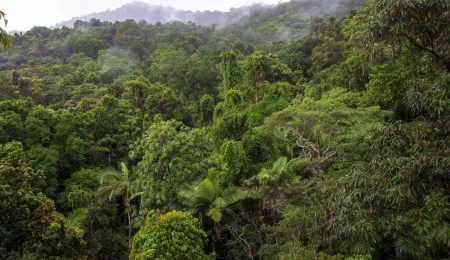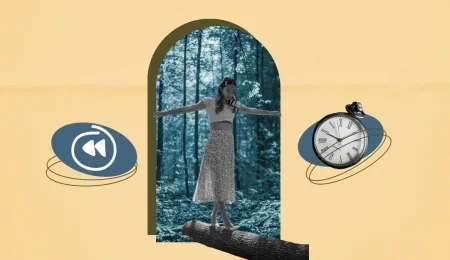Key Messages
- Around 84 percent of the young people from ten countries were surveyed about their emotions towards the climate crisis. They expressed moderate to extreme worry about this environmental phenomenon.
- Participants from the Philippines showed the highest vulnerability to climate anxiety among respondents from ten countries.
- Albeit the extent of anthropogenic climate change, climate advocates and psychologists recommend ways of addressing climate anxiety among the youth.
The climate crisis has an alarming impact on young people’s mental health across the globe, as revealed by landmark research. The study has 10,000 respondents from 10 countries with diverse socio-economic conditions, climate vulnerability, and exposure to climate change-related events. The countries include Australia, Brazil, Finland, France, India, Nigeria, Philippines, Portugal, the UK, and the USA. It was found that 84 percent of the youth respondents were worried about the climate crisis. Of the young people who participated, 59 percent were highly distressed by climate change. Meanwhile, more than 45 percent claimed that their feelings about the climate crisis negatively affected their daily lives.
An alarming rate of climate anxiety among the Filipino youth
An overwhelming 84 percent of the respondents from the Philippines indicate being either extremely worried or highly worried because of the climate crisis. It is not surprising that Filipinos are among the most vulnerable to climate anxiety because of the country’s exposure to extreme weather events.
It is quite understandable for the youth to carry the heavier burden of climate-related distress. This is because they are likely to experience a more severe impact of the climate crisis. Climate anxiety or eco-anxiety is an individual’s tendency to be mentally affected by environmental problems such as climate change. Emotions from this anxiety range from anger and frustration to feelings of loss and grief. Physical manifestations from the people who experience it are possible, including restlessness, nightmares, and trembling in severe cases.
The people who suffer from climate anxiety are usually those who have personally experienced disasters related to climate change. In the recently study, respondents from countries in the global South expressed more profound concern over the climate crisis.
Environmental advocates or those who care deeply about the environment are also vulnerable to climate anxiety. Beatriz Tulagan, a climate advocate and journalist, shared that some even felt that having own aspirations become limited because of climate anxiety.
Coping with climate anxiety
Since there is no single most effective mechanism to cope with climate anxiety, scientists and environmental psychologists recommend various strategies that can help people who suffer from climate anxiety. One of them is through forest bathing or engaging in other types of ecotherapy. Scientists demonstrated the effectiveness of forest bathing in reducing anxiety and stress in several studies that show lower stress levels among respondents who underwent this kind of therapy.If traveling outdoors is not possible, especially amid this pandemic, virtual nature experiences like listening to the sound of nature (e.g., forest with singing birds and flowing rivers) can be a good alternative.
In addressing climate anxiety among Filipino youth, Filipino psychologists suggest conducting long-term research to develop appropriate interventions, incorporating the issue in climate change education, and calls for the government to integrate climate anxiety in universal health care agenda.
It is also essential that people access verified and scientifically proven facts about the climate crisis to avoid misinformation, especially among those experiencing climate anxiety. They can turn this feeling of dread into collective actions. As Bea Tulagan explained, while people’s negative emotions in connection with the climate crisis are inevitable, they are not alone in this fight. Radical hope, a concept coined recently by climate advocates, aims to spark optimism within humanity and translate it into collective actions for one of the greatest fights of our generation.
To know more about climate anxiety, you may listen to Forest Foundation’s Gubatbp. podcast episode on Understanding Eco-anxiety and Ways of Coping featuring Filipino writer and climate organizer Bea Tulagan.
Banner image by Markus Spiske on Unsplash

